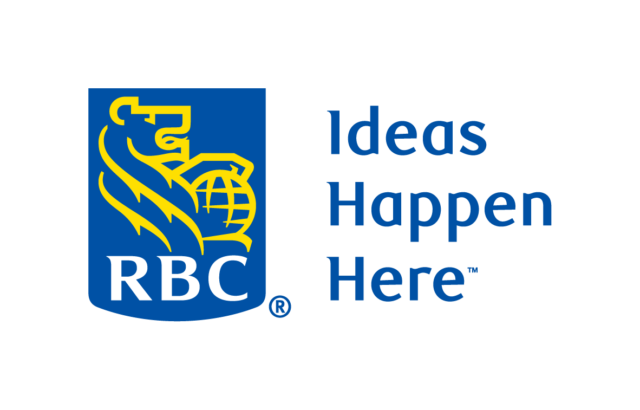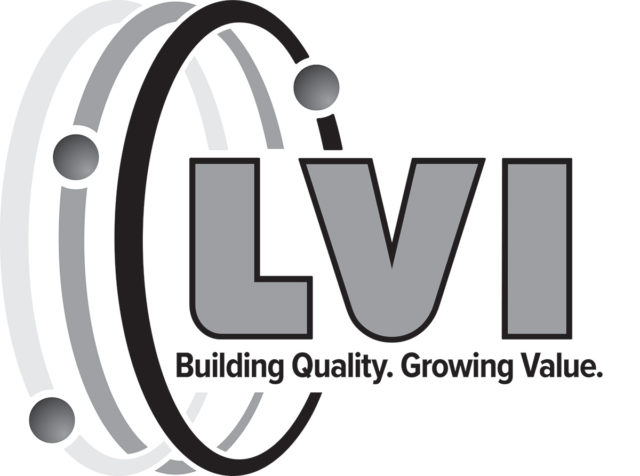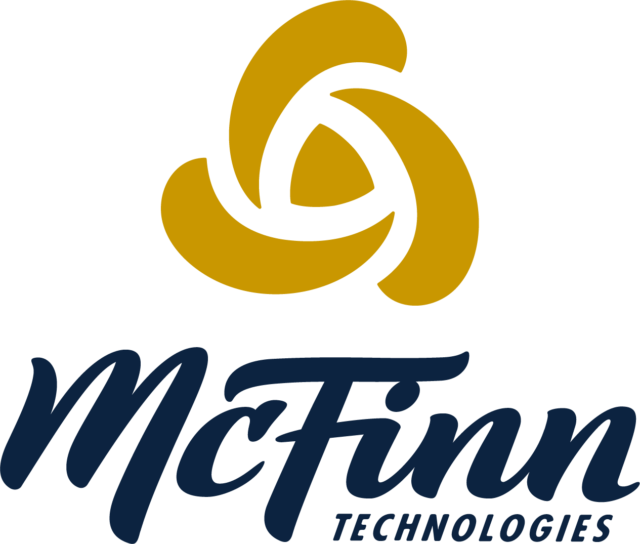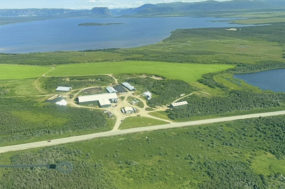During my recent visit, my role was to sit and listen as a small group of students took turns reading to me. To most adults that sounds like a straightforward task, which is why I was a little caught off-guard as I heard the teacher give a lengthy explanation of what students were expected to do at my station.
You see, the young students were going to do more than practice their reading skills. They also had to learn how to sit still, be a good listener and wait their turn. In short, they were learning how to be respectful of others.
When reading through this issue, I couldn’t help but find a few hidden (or not-so-hidden) lessons within our more broadly stated topics of milk quality and parlour management, cow comfort and manure handling.
1. Family businesses have unique advantages that require great care
Jonathan Small lists the many advantages family businesses have that allow them to outperform non-family businesses. These advantages are what make family businesses attractive to future generations.
However, family businesses also have a unique set of struggles that need to be recognized and addressed in order for the business to maintain its success from one generation to the next.
Small addresses the challenges with typical family business decision-making styles and how they relate to transitioning the farm, while Elaine Froese brings forward five items the younger generation finds as hurdles they wish their family businesses can overcome (What young farmers wish parents understood).
In an interview with Mark Andrew Junkin about his new book, he shares how families can pull together to drive down cost of production, which strengthens the family business both in management and finances. Click here and read 3 Open minutes with Mark Andrew Junkin.
2. Faith, fortitude and a positive attitude can go a long way
In this issue, we get a closer look at one family business and how they persevered to get to where they are today. Patrick and Cherylynn Bos had a dream to farm, and when times were tough they had their faith and a positive outlook to carry them through. Read their story "Rock Ridge Dairy turned to God and goats to find its way."
In our new HERd Management column, Bonnie den Haan, an on-farm dairy processor from Ontario, also talks about the power of a positive attitude for conquering challenges. She applies the idea of a corrective action procedure from their processing business to overcoming obstacles in life and business. Click here to read Every challenge can become a celebration.
3. It never hurts to get a second opinion
Dean Throndsen tells us not to trust any one individual when it comes to barn design and cow comfort (Freestall housing design: Don't trust any 'one'). This goes for many areas of dairy management. We’ve discussed having a team of advisers before; it is so business managers can have a number of opinions to take into consideration and then apply the solution that is right for them. Just because something works on one farm doesn’t mean it is right for another.
The team from the University of Wisconsin Discovery Farms explains how feed storage capture systems are designed based upon one opinion, but by looking into the situation further and studying the situation, a second opinion may warrant a new approach. Click here to read Leachate study indetifies need for design alternatives.
It can be easy to always focus on the task at hand or the words put before us, but every once in a while, there may be more to a lesson than what meets the eye. PD

-
Karen Lee
- Editor
- Progressive Dairyman
- Email Karen Lee









